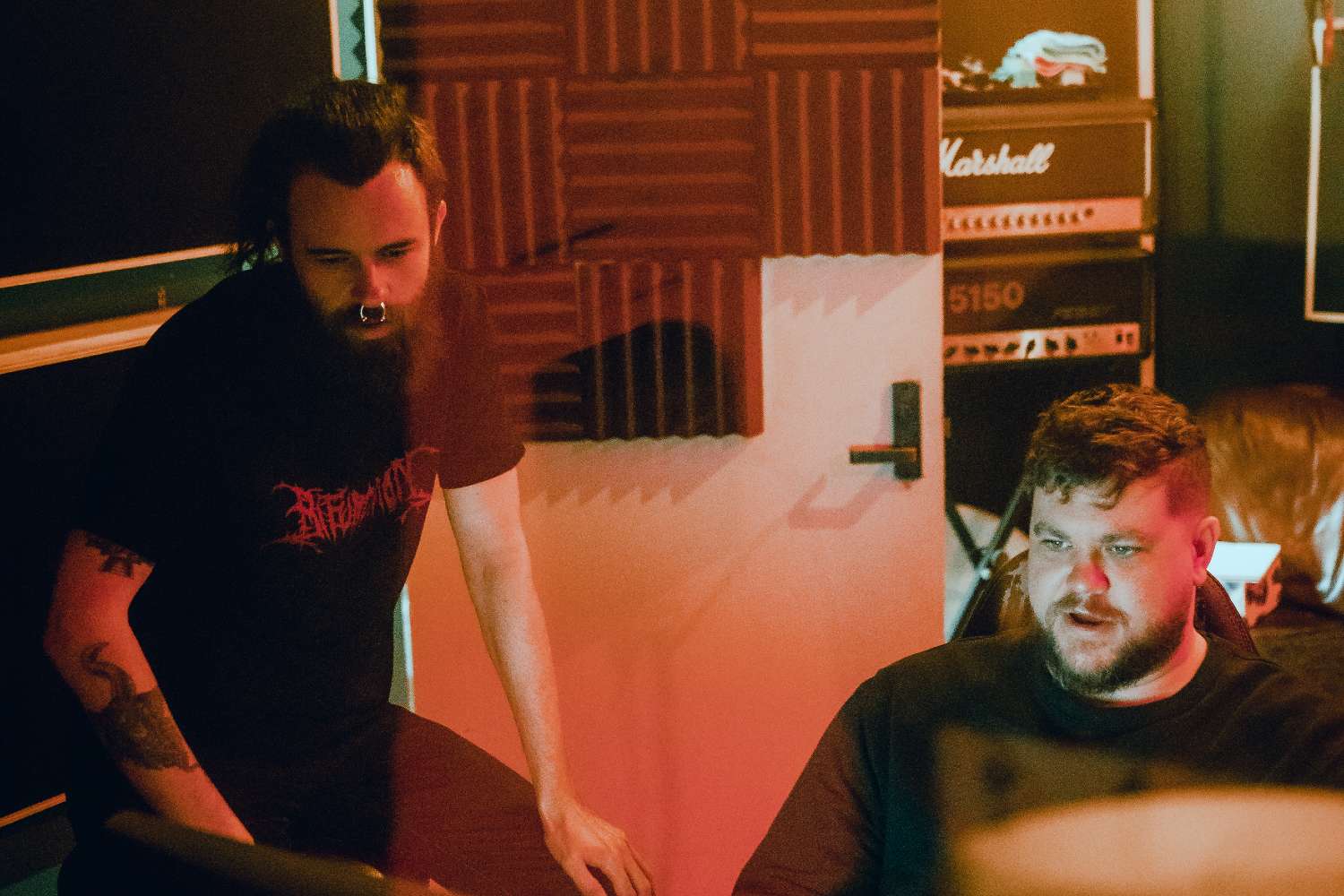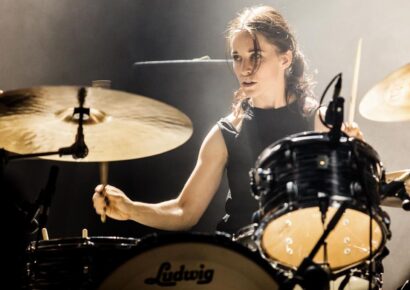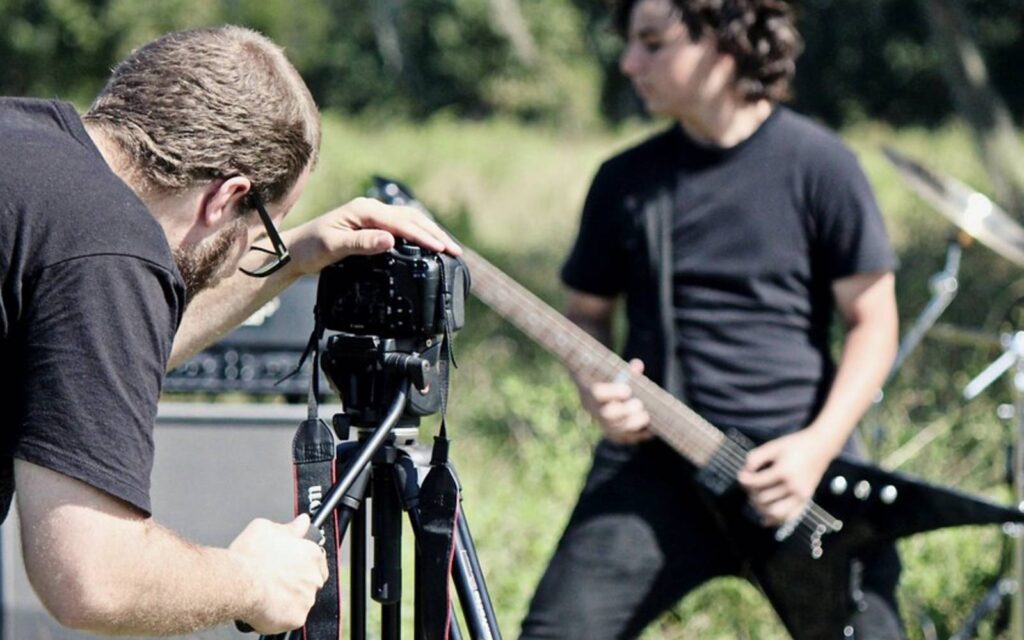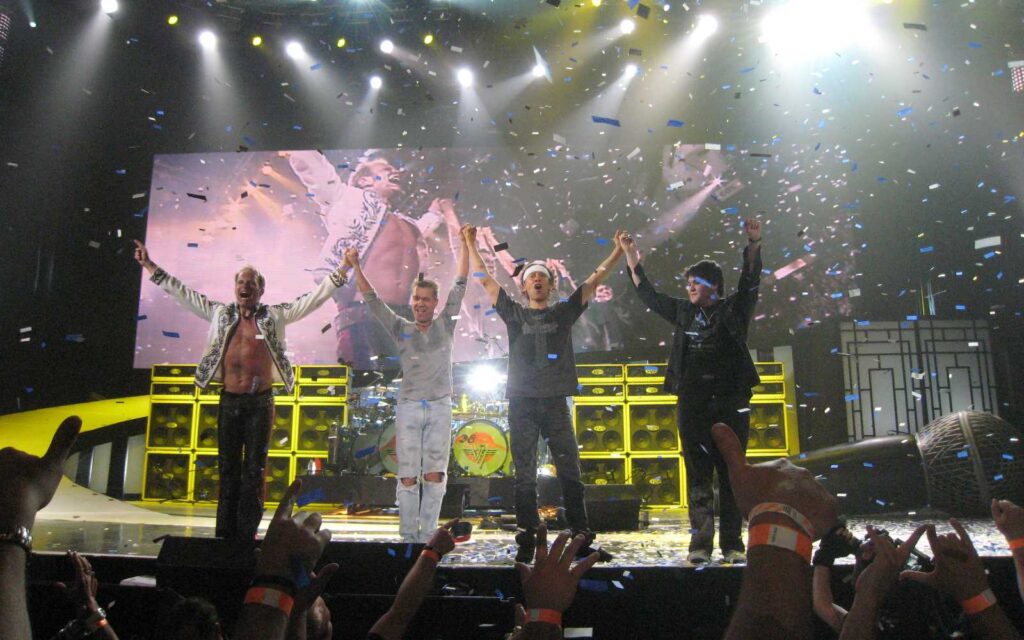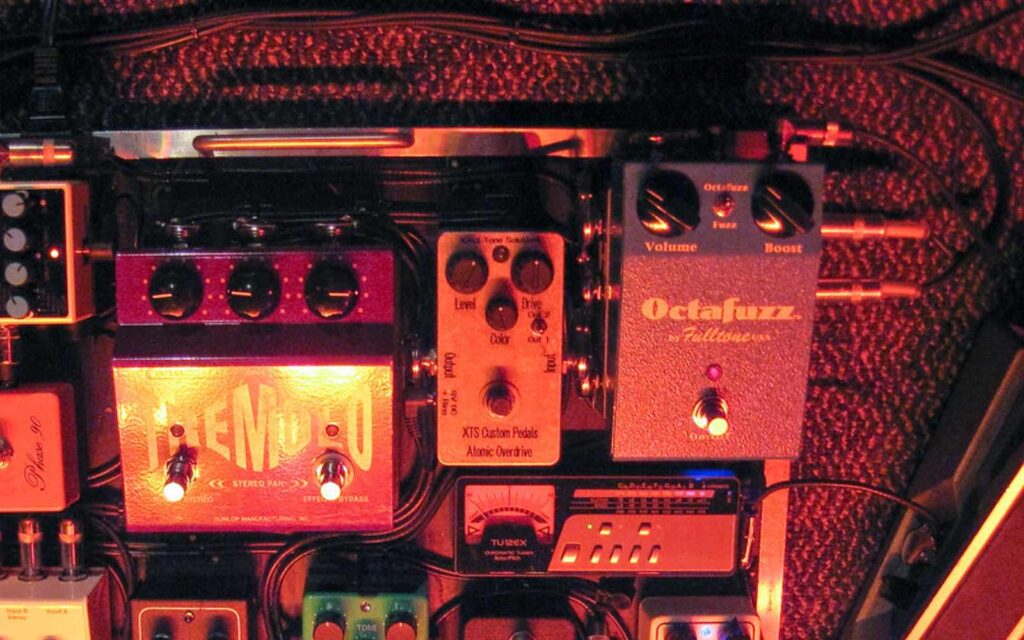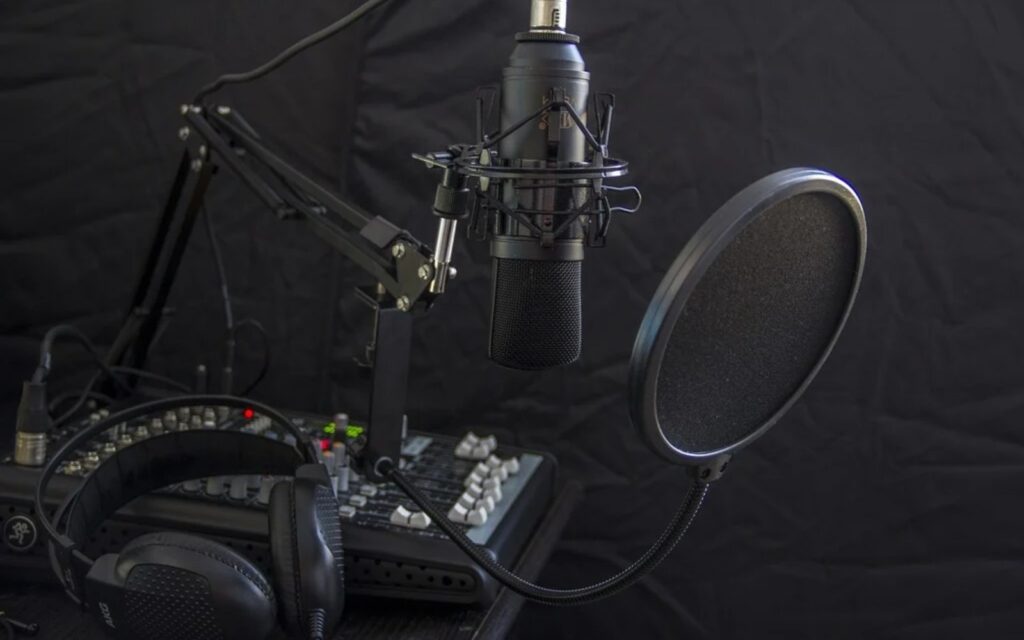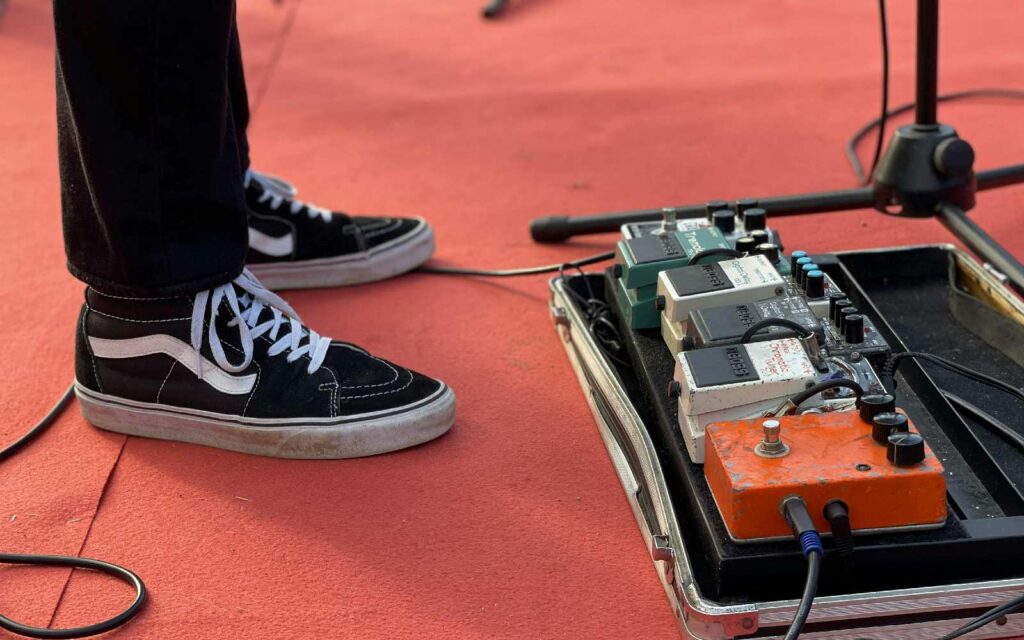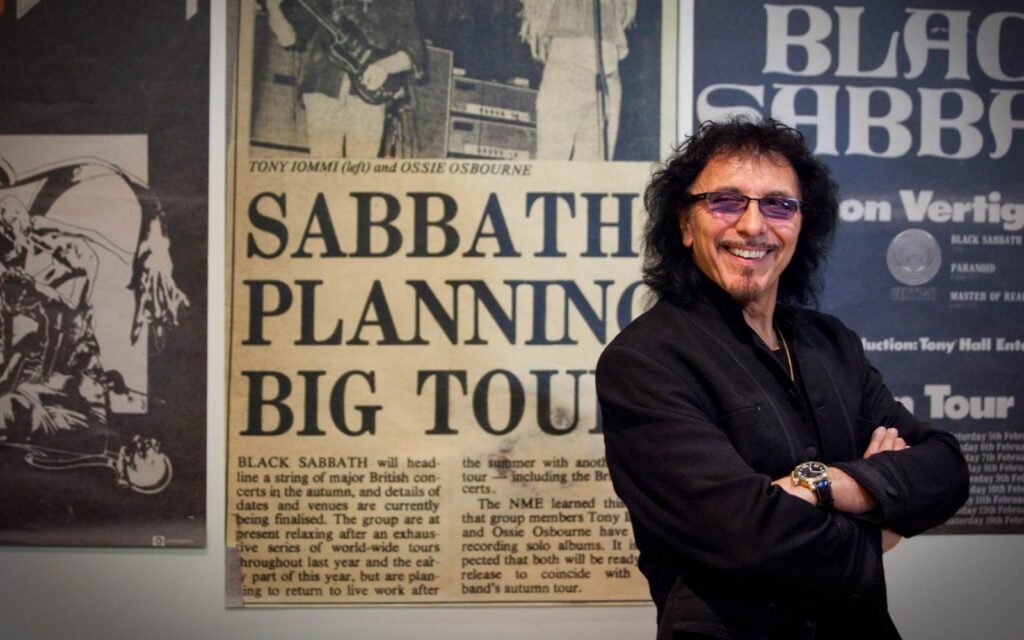Jack is an engineer and producer from the city of Churches. He's currently focused on steady growth and sustainability, having achieved a long term goal in having a studio space to call his own.
In true engineer fashion, Jack emailed me this interview in multiple file formats to ensure it interfaced with me at my end, which was also completed after being busy enough that an email interview made the most sense.
He’s currently working out of Interim Studios which, contrary to the name, he’s been at for five years and has no grand plans to move. Cutting his teeth in his parent’s shed, then rehearsal rooms, Jack Hartley has slowly but surely built a reputation for a stellar workflow and a focus on getting things right at the source, even down to getting involved in wrangling a song into shape before a note is even played!
Read up on all the latest interviews, features and columns here.
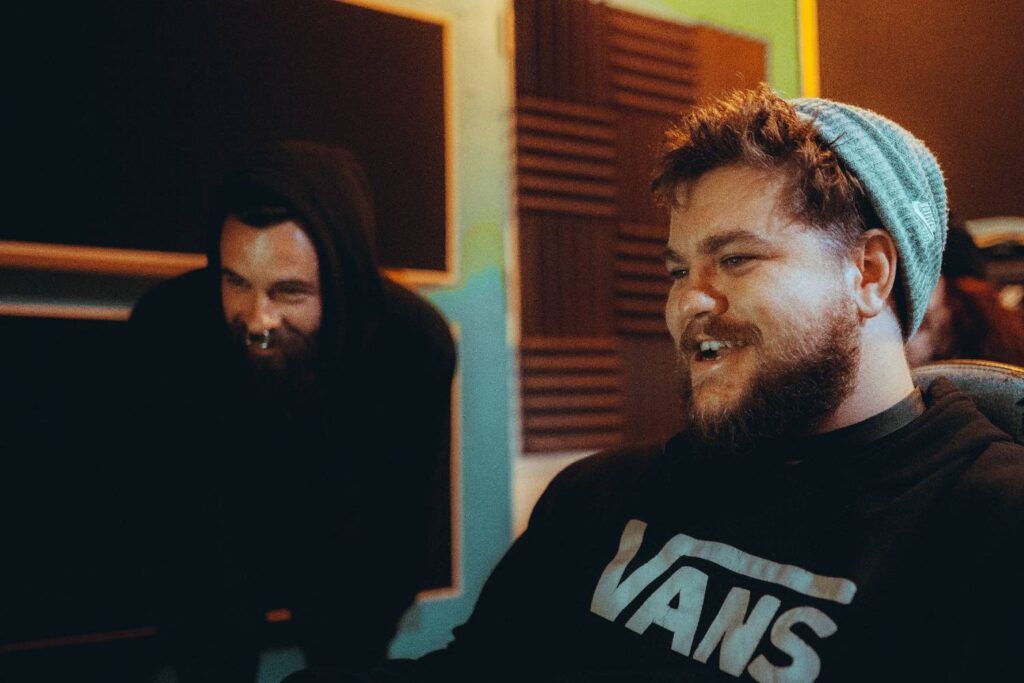
Jack, thanks for taking the time. Who are you and what do you do?
Cheers dude! I’m a 33-year-old freelance producer/engineer, occasional musician, and loyal servant of two domestic shorthair cats. I work full-time from a commercial studio in the city of Adelaide (Interim Studios, formerly Ghostnote/Capital Sound) and primarily work on heavy music.
I’m generally just as comfortable working on the super modern deathcore stuff as I am working on the roomy stoner stuff, I like it all. I was inspired early on by producers like Adam D, Jason Suecof, Mark Lewis, Devin Townsend, and Andy Sneap, so 90% of the time I act as an extra member of the band and get pretty hands-on with both the production side of things.
How did you find your way into a control room?
I took up guitar around the age of 11 and from the moment I could string a riff together I got super excited by the idea of recording myself. From very early on, if I had a guitar in my hands I was probably also plugged into something trying to record myself, so those interests all just evolved together naturally until my focus eventually shifted towards audio primarily.
Throughout my teens, I recorded friend’s bands from my parent’s shed and had some great mentors at local studios, but I was mostly focused on playing in bands, and I did that for quite a while, had some cool experiences and got it out of my system, but by my early 20’s it was pretty clear to me that my heart was in the studio, so I just knuckled down and put all of my focus into recording. It’s a pretty hard game to break into, I struggled for many years working from rehearsal spaces and spare rooms in crappy rentals, but once I had a decent amount of work under my belt some people took notice of what doing and eventually invited me to take over the second room at Ghostnote Studios, I’ve been here now for almost 5 years.
It’s a cool arrangement, I still operate as a freelancer and rent my control room but the owners kinda give me the run of the place to do as I please, which is awesome. This studio has so much history and I cut my teeth here as a young musician so I’m very grateful to work from this building and have access to such a nice live room.
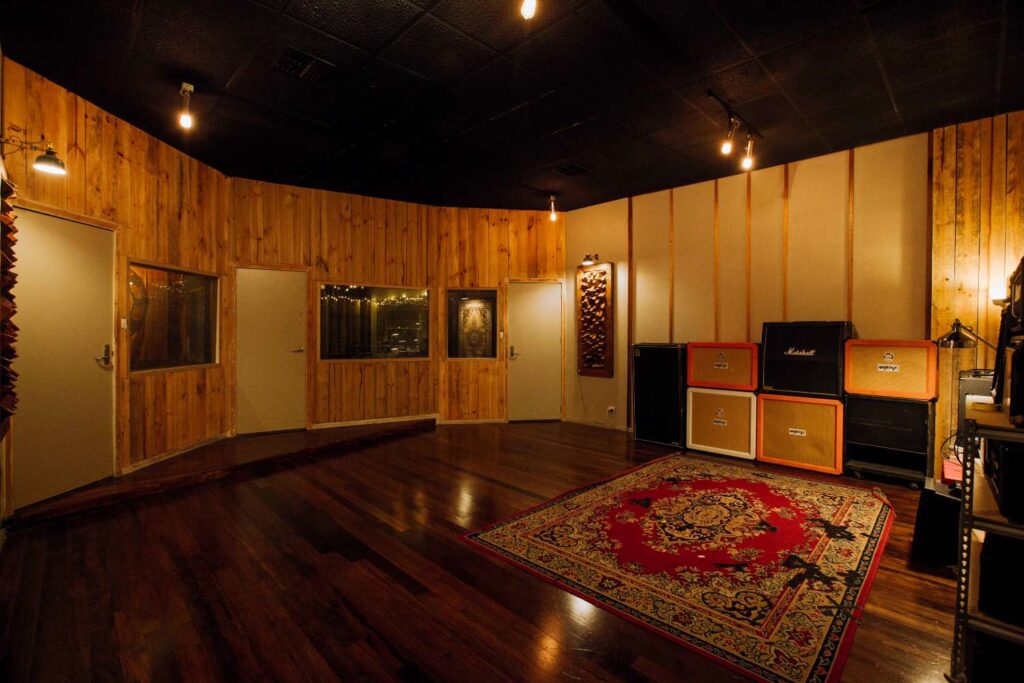
Have you got a long-term goal for your career?
What I’m currently doing was my main goal for a long time so admittedly a long-term goal is something I’m still working out, my goals have shifted as I’ve gained more experience. I would love to work on bigger projects with more resources and longer timelines, for sure, and I’d prefer to do more mix work – the long tracking sessions can be pretty gruelling, but I love what I do, so steady growth and sustainability is my main focus.
With the online audio scene, at times it feels like there is a weird pressure to be some sort of entrepreneur that creates educational content and sells sample packs, no disrespect to those who do that, but that’s just not my passion and I don’t think it’s the only way forward. It’s probably to my detriment, but I really enjoy doing the work and being a student of the craft so I don’t look forward too much, I try to stay focused and put my all into whatever is in front of me.
Based on how the industry has changed in your career, where do you think music making is heading?
Socially, I see younger bands pushing back against the high production values of the past 15 years or so. They’re embracing open drum sounds, looser performances and a dryer, no-frills approach to mixing. I think it’s cool. When it comes to creativity, I’m an optimist, I think heavy music is headed in a cool direction, music has never been easier to consume and young musicians are developing really broad and eclectic tastes because of it.
How important is the gear you’re using in your process?
I have to be able to work really fast and I don’t want to compromise on good sounds, so having a collection of well-maintained instruments and mics that I know well is important to me. I’m a collector but I only keep the unicorns that do certain things. I’m open to using the gear that people bring in, but 95% of the time I can get them what they’re after pretty quickly by pointing the right mic at something in my collection. That all being said, I think you can make cool and inspiring stuff with very minimal gear as long as you put in the time.
Do you think there’s one piece of equipment more important than others? What’s one thing you’ve bought that has made the biggest impact to your workflow?
I think about the tone hierarchy a lot and I really believe the source is king. Beyond the actual player, the instrument itself and its amplification have to sound great, everything else down the line decreases in importance and its overall contribution to the sound in my opinion. Nice pre[amplifiers]s, outboard, converters etc. I love all of that stuff, but it’s the icing on the cake. I’d be hard-pressed to name just one piece of gear that’s impacted my workflow, there is so much, but my mic collection is pretty solid and helps me make pretty quick and informed decisions. Also, my Cusworth 14×6.5 cast bronze snare sounds like God – but only if it’s played well.
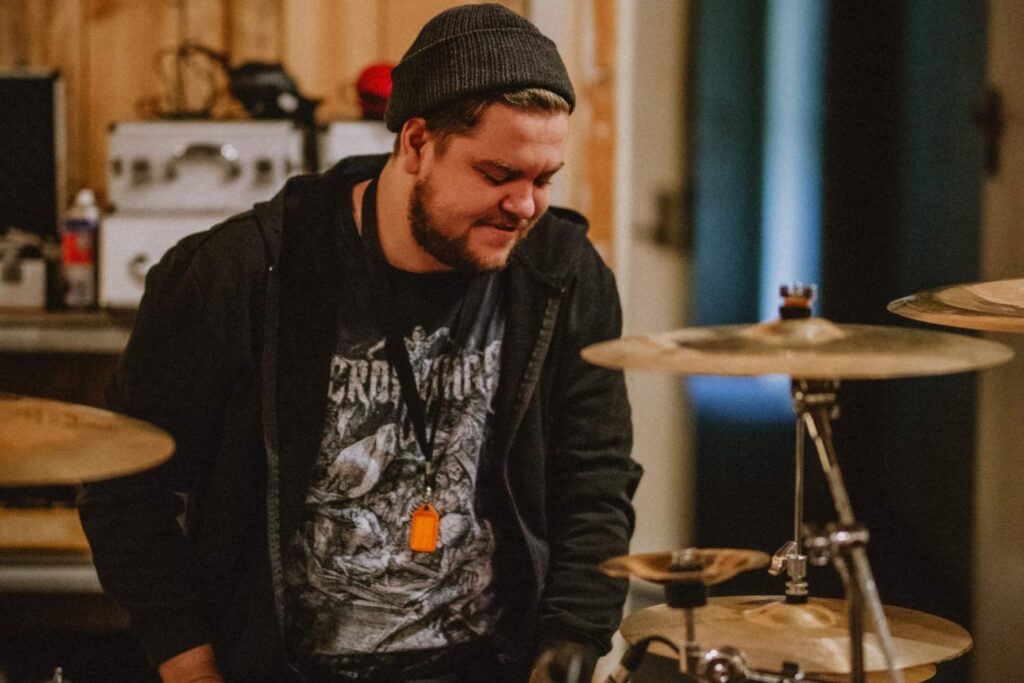
Is there a specific piece of gear you couldn’t work without?
I’ve definitely worked on some records that would not have gotten made if we couldn’t edit everything inside the computer, but aside from that, it’s hard to say. I’m into very utilitarian things that keep the session running smoothly, really high-quality mic stands and clips, guitar tech tools, tape measure, tuning keys, duct tape – all of that stuff can hold up if you don’t have it ready to go.
I really love the Tunebot by Overtones Labs, it’s basically a tuner for drum heads, and drum tuning is so important, and while I could tune a kit without it, it just makes life so much easier; it keeps things consistent when you’re nearing the end of a five-day session and the drummer wants to punch in on a few fills from day one.
Thanks for taking the time! As a closer, have you got one piece of advice to bands wanting to get the best out of their recording session?
Thank you for the interview!
Obviously, know your parts, service your gear, and over-prepare, but I can’t stress enough; the song is everything. If your songs are bulletproof then the rest will fall into place. Pre-production and time are the two best investments you can make for your song. Time spent doesn’t always equal better, and by all means, set soft deadlines and commit, but more often than not I see bands cut corners or settle for half-baked songs to meet arbitrary deadlines that they’ve set way too early in the process. Then they spend 3 times the amount of time and money on the music video to feed the content machine. Call me old-fashioned, but I don’t think anything moves the needle like an amazing song with substance. So have patience with the process and don’t be afraid to work a song for a while until it’s undeniable.
Keep up wth Jack here.
